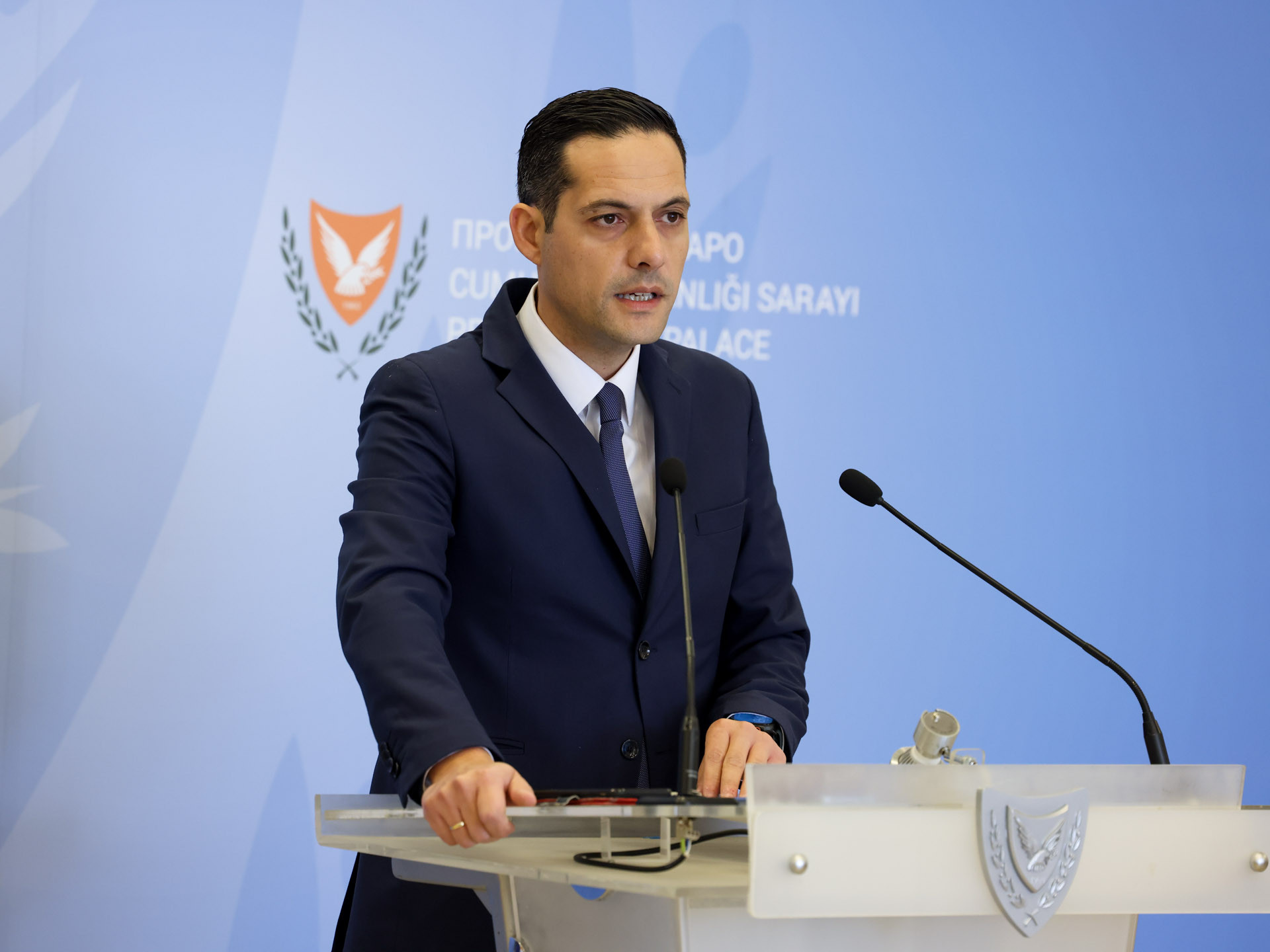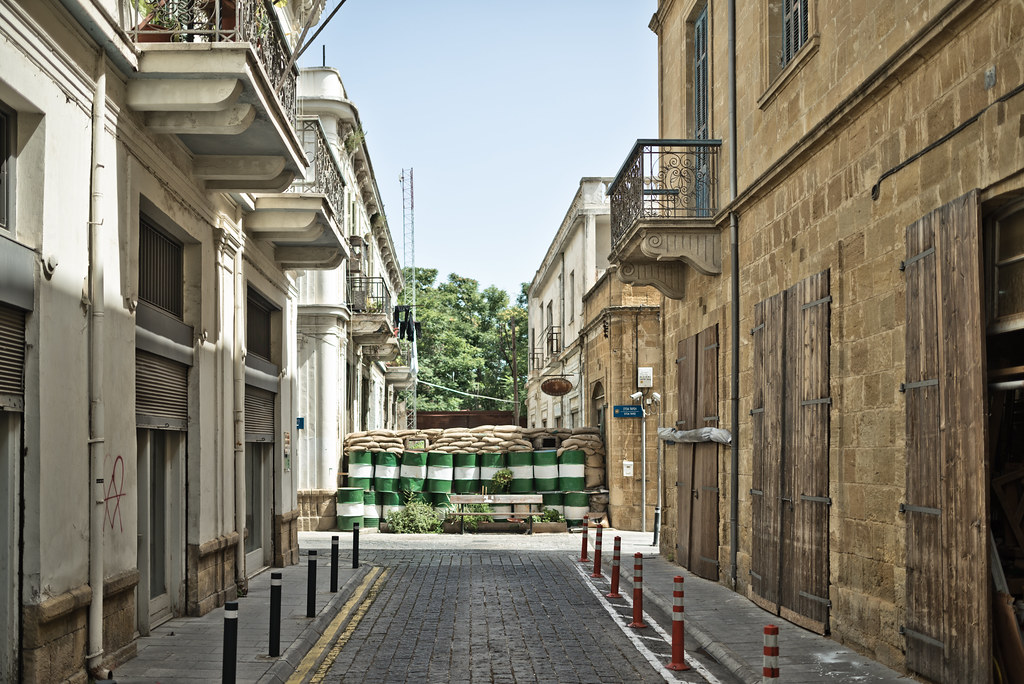It was at the beginning of June that government spokesman Konstantinos Letymbiotis, speaking about the country’s firefighting capability, boasted that the government was “at absolute operational readiness with strengthened forces, modern means and clear strategy.” He concluded: “Prevention, readiness and synergy constitute the three foundations on which is built the new policy of civil protection of the Cyprus Republic.”
The hollowness of this boast was illustrated in the last three days when it became abundantly clear that the new policy of civil protection existed only in words.
The authorities had never got round to putting in place a Public Warning System (PWS), in line with EU obligations, even though the relevant EU regulations were incorporated into Cyprus law three years ago. The Republic’s operational readiness did not include PWS, with the Civil Defence confirming that no such system had been deployed yet. What the government was waiting for nobody explained.
So when the wildfires broke out on Wednesday threatening villages in the foothills north of Limassol, there was no system for warning people, informing them what roads to use and in which direction to drive for safety.
Community leaders used a very old method to warn residents – ringing church bells – of the danger facing them, while information was was rather scarce. The absence of a PWS meant there was no information available for people in danger, who had to rely on the random information being given by different media. The directive for the 112 line for emergency calls was not implemented.
The death of two elderly people, who were burned alive in their car trying to drive to safety, could have been avoided had there been information available and a working 112 line.
The deaths did not prevent Justice Minister Marios Hartsiotis from putting a positive spin on the handling of the fires. He had the audacity to “stress the positives of this operation.”
He said on Friday: “Apart from the unfortunate incident involving the two people, while 16 villages were evacuated, we had absolutely no loss of life.” The loss of two lives was just an “unfortunate incident,” a small hitch in an operation that had many positives!
Even taking credit for the evacuation of villages seems a bit excessive, with community leaders taking most of the responsibility and making the important decisions.
In the end, despite having, as Letymbiotis boasted in June, “the most complete fleet, with the biggest number of aircraft in the history of the state, much earlier than other years,” the authorities failed in the management of the crisis.
The state may have had the biggest ever number of aircraft, biggest number of firefighters and the “strongest fleet of firefighting vehicles” this year but it had no warning system and no plan for coordinating the firefighting and ensuring people’s safety.
Considering we are a tourist destination, it is shameful there is no system for keeping foreign visitors informed when wildfires are devastating the country. Most are staying in the coastal resorts but there are quite a few driving around the country as well.
If there was civil protection and we had a PWS in operation, the public might not have been so angry with the government’s crisis management.






Click here to change your cookie preferences